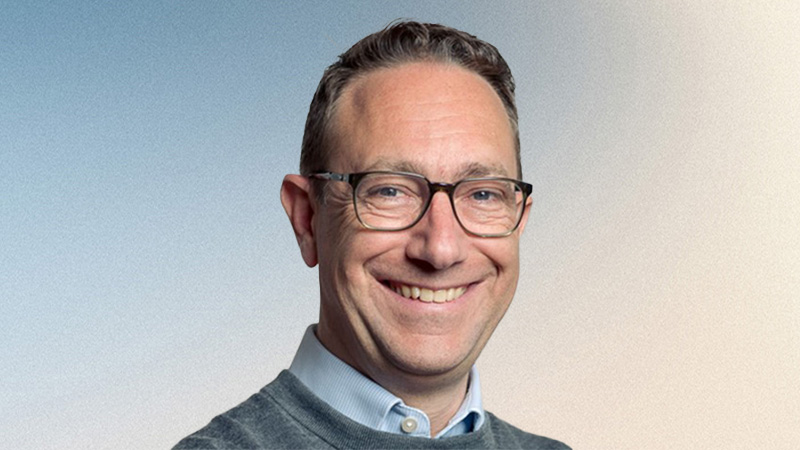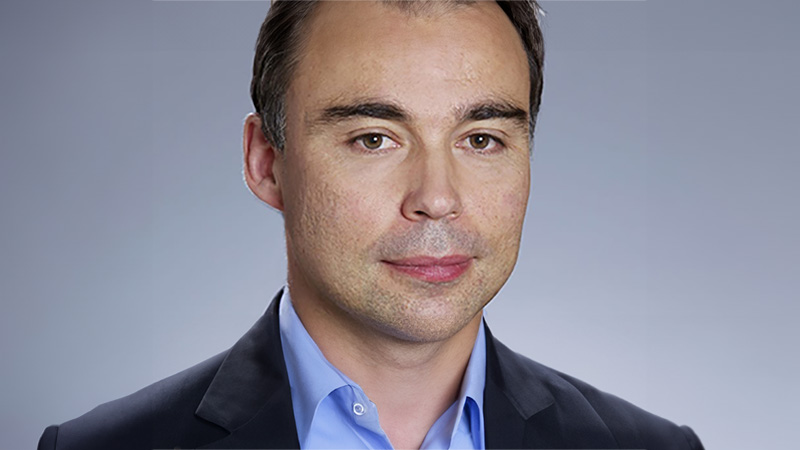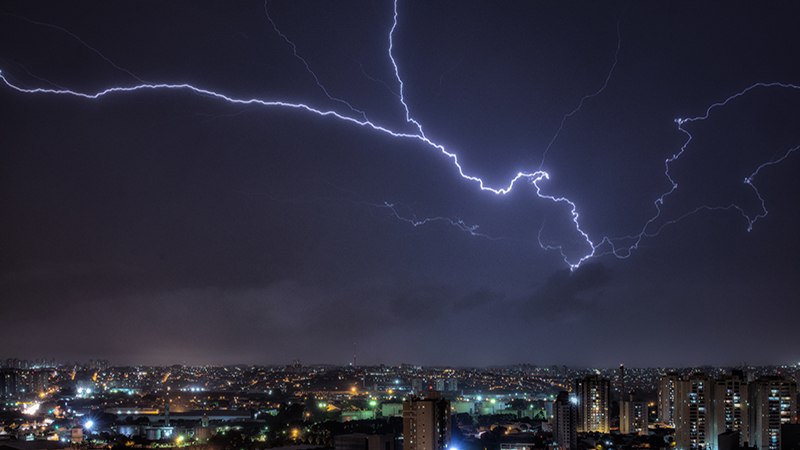In the context of the broader consumer good sector the performance was a good one as volume growth within emerging markets is low and in Europe and North America it is currently negative.
However, the impact of the consumer goods giant’s sales growth was lessened after factoring in current exchange rates.
At constant rates, Unilever’s sales increased by 5.4% but at current exchange rates, sales were down 2.6%.
“Currency is creating big crosscurrents for Unilever,” said Hugh Yarrow, manager of the Evenlode Income Fund. Because of its global market share, Unilever has to contend with a range of competing economic factors, from European price deflation, to big price increases in Latin America, a muted market in the US and competition against a growing ecommerce business in China, Yarrow stated.
“The impact of currency is by far the most negative element of the results today,” he continued. Local currency sales growth in Euro terms, which is the currency Unilever reports in, was much weaker because of the depreciation of the Brazilian real and Argentine peso, Yarrow added.
Against a difficult backdrop, Unilever is still “reassuringly taking market share globally, driven by its performance in emerging markets and developed economies,” said Yarrow.
Unilever’s performance in emerging markets overall was especially strong, resulting in an 8% sales growth over the first half of 2016. The company said this was chiefly due to good volume growth in Asia and price growth in Latin America.
Whereas underlying sales growth remained sluggish in North America (0.7%) and developed markets (0.2%) generally.
Regardless of currency headwinds, Unilever continues to improve its margins and is reaping the benefits from its cost saving initiatives, Yarrow asserted.
He also indicated Unilever’s future prospects look bright in the personal care side of the business, which it has been increasingly focusing on of late. “Unilever is in a competitive position. They’re the second largest player globally after Procter & Gamble, and they have made some interesting acquisitions lately like the $1bn Dollar Shave Club acquisition.”
Unilever’s CEO, Paul Polman, did caution investors that there was likely to be slower growth in the second half of the year, which Yarrow said is something to bear in mind. He also reiterated that the situation in Latin America causing some of Unilever’s valuation issues is likely to deteriorate before it begins to stabilise and improve.
Unilever’s share price slid 0.9% on the day to close at £35.41.










